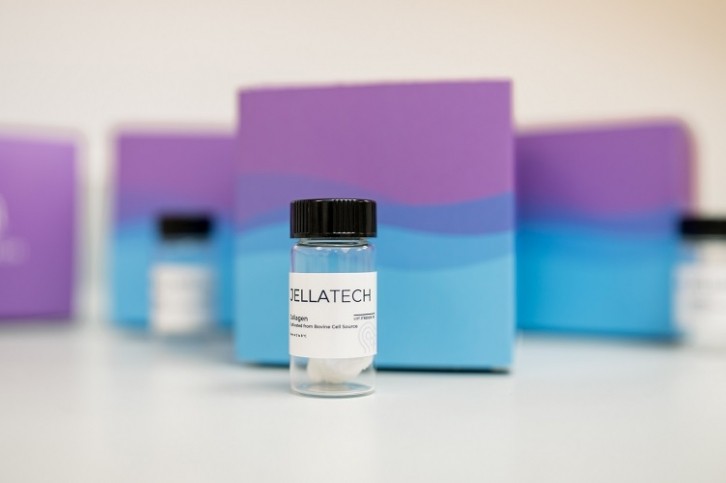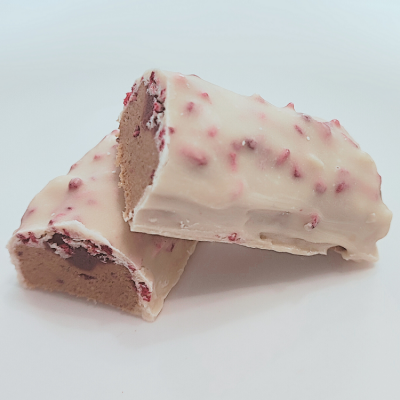Collagen is a popular ingredient in the nutraceutical industry due to its numerous benefits for skin, hair, nails, joints, bones, and muscle recovery. However, traditional sources of collagen, derived from animal connective tissue, may not be suitable for vegetarians, vegans, or environmentally conscious consumers.
Innovative companies are now exploring animal-free collagen production methods to offer sustainable alternatives to traditional collagen sources. These methods include cell-based technology and plant-based approaches.

Don’t have a cow! How innovators make animal-free collagen
One such company, Jellatech, based in the US, is producing human and mammalian collagen using cellular agriculture techniques. By selectively farming cell types and optimizing collagen production in a lab setting, Jellatech is able to create animal-free collagen that is free from animal cells or DNA.

Jellatech emphasizes cruelty-free and slaughter-free aspects of its production process, allowing consumers to decide how to categorize the final product as vegan or vegetarian.
Plant-based collagen to disrupt functional food and drink, today
While cell-based collagen is still undergoing approval processes, companies like VeCollal in Belgium are developing biomimetic versions of human collagen types using plant-based sources. By analyzing amino acid profiles and leveraging artificial intelligence, VeCollal creates biomimetic collagen that mimics the form and function of human collagen.
Other companies like ProTec Nutra in the UK are producing vegan collagen products using fermentation processes. Vollagen, derived from non-GMO corn, offers a similar amino acid profile to human collagen for nutraceutical and food purposes.
How does animal-free collagen compare to its conventional counterpart?
Animal-free collagen products like Vollagen and VeCollal have proven to be as effective as traditional animal-derived collagen. Studies show significant benefits, such as wrinkle reduction and bioavailability, comparable to animal collagen.
Plant-based vs cell-based production methods
Companies like Jellatech believe cell-based technology is essential for producing functional collagen, while VeCollal sees a specific use case for plant-based collagen in topical or medical applications. Both approaches offer sustainable alternatives to traditional collagen sources.






